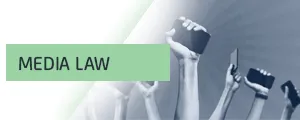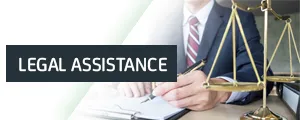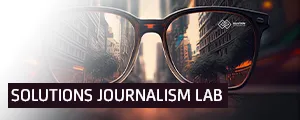A new law overhangs us
Scientific studies, bills, orders, and other documents that are moving the wheel of history forward or backward are not easy reading, they are badly perceived in the meantime, at a cup of tea. Partly because of it, the society grows aware of the the fateful innovations when it is almost impossible to amend them, and all we can do is to suffer bumps and bruises and to shake the air with complaints.
That is the fate our officials have in store for us with the future media law. Bekzat Rakhimov, director of the state media policy department of the Ministry of Information and Communications, said at the XI Mediakurultai on November 21: We are still thinking about what it (the law) will be like. We conducted research and now we are at the stage of receiving results. First there will be an interdepartmental discussion, where we will decide which option will be presented for public discussion.
That is the fate our officials have in store for us with the future media law. Bekzat Rakhimov, director of the state media policy department of the Ministry of Information and Communications, said at the XI Mediakurultai on November 21: We are still thinking about what it (the law) will be like. We conducted research and now we are at the stage of receiving results. First there will be an interdepartmental discussion, where we will decide which option will be presented for public discussion.
”In other words, it is planned to use technology that proved effective at adopting amendments to the law on mass media of 2017: loyal to the government scientists (not journalists!) make their proposals, ministry officials choose the ones that are considered appropriate, then the interdepartmental (official) commission eliminate dubious innovations. A final product created in this way is offered to the public. The public boils with indignation, becomes active, goes to the working groups of the Ministry at its own expense. Its proposals are carefully included into the general list of proposed changes. This ledger is passed to the government again, that is, it is cut to pieces and supplemented in the privacy of cabinets of all ministries and departments. The next act is the lower house of parliament with deputies that lose minds becuse of huge number of various bills.
Once again, public activists object, while the official developer of the draft law, the MIC of the RK, that is socially close to the deputies, defends its creation. And in case of a line fight, the controversial proposals are sent ... again to the government. Where exactly and who is the receiver? - last time we tortured with this question the deputies and the ministry, but they did not answer. However, the resolution of the “government as a whole” becomes sacred for the voters.
To prevent this from happening again, so that the future media law will be created under the watchful eye and with real public participation, Adil Soz proposed to the well-known publicist Vadim Boreyko to explain to the public the innovations proposed by a group close to the ministry. His analysis can be found on our website http://www.adilsoz.kz/politcor/show/id/249/parent/2, on our page in Facebook and on the FB page of Vadim . The scientific study ispublished here- http://www.adilsoz.kz/politcor/show/id/242/parent/2
The problems that the journalist Boreiko discovered are not the only confusing things in the scientific research that is intended to be used as the base of the new law. Adil Soz has already written: “It is confusing that nothing is said about the obstacles in founding new media, unreasonable restrictions and punishments, about devastating compensations of moral harm. It is surprising that the Civil Code of the Republic of Kazakhstan is not included in the list of investigated national documents (maybe it is the reason why unintended moral harm is not mentioned?) ”. What about unlimited statute of limitations? What about "distribution territory" in registering online media and, finally, accreditation process? In order not to beat a dead horse, let's act now: read the recommendations of respected international organizations, studies of recognized scientists, developments of domestic non-governmental organizations, for example, the concept of the draft Laws of the Republic of Kazakhstan "On guarantees of freedom of speech in the Republic of Kazakhstan" and "On mass media in the Republic Kazakhstan ”(http://www.adilsoz.kz/politcor/show/id/203) - and offer our own norms.





